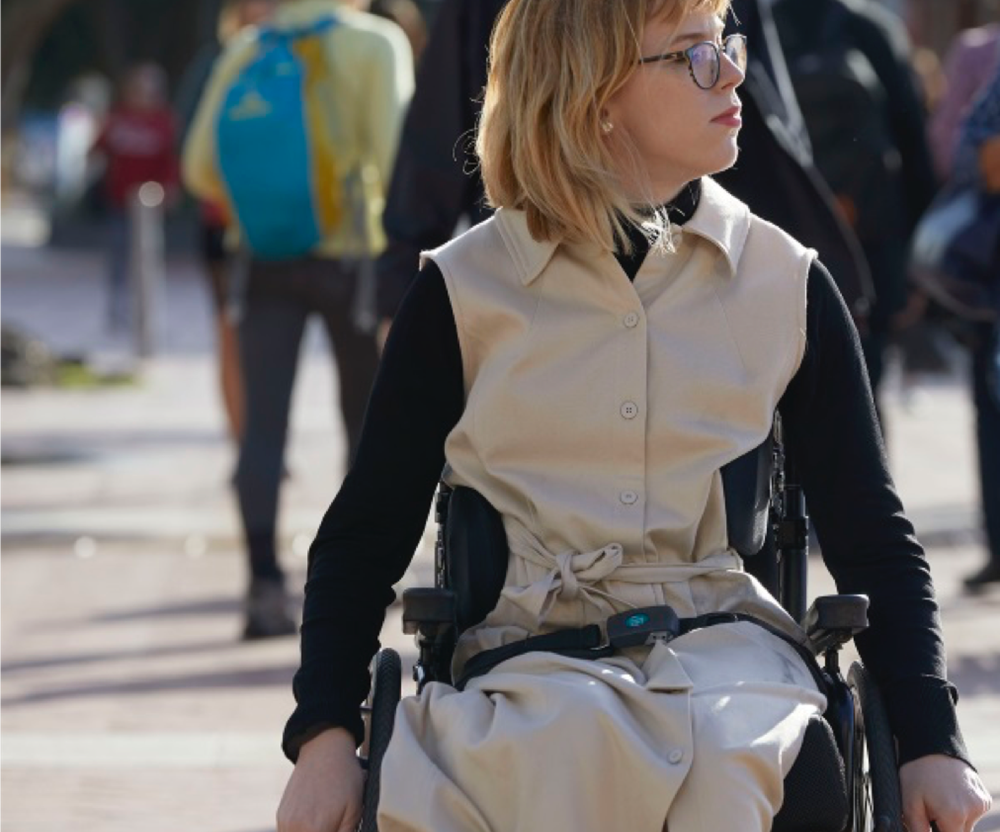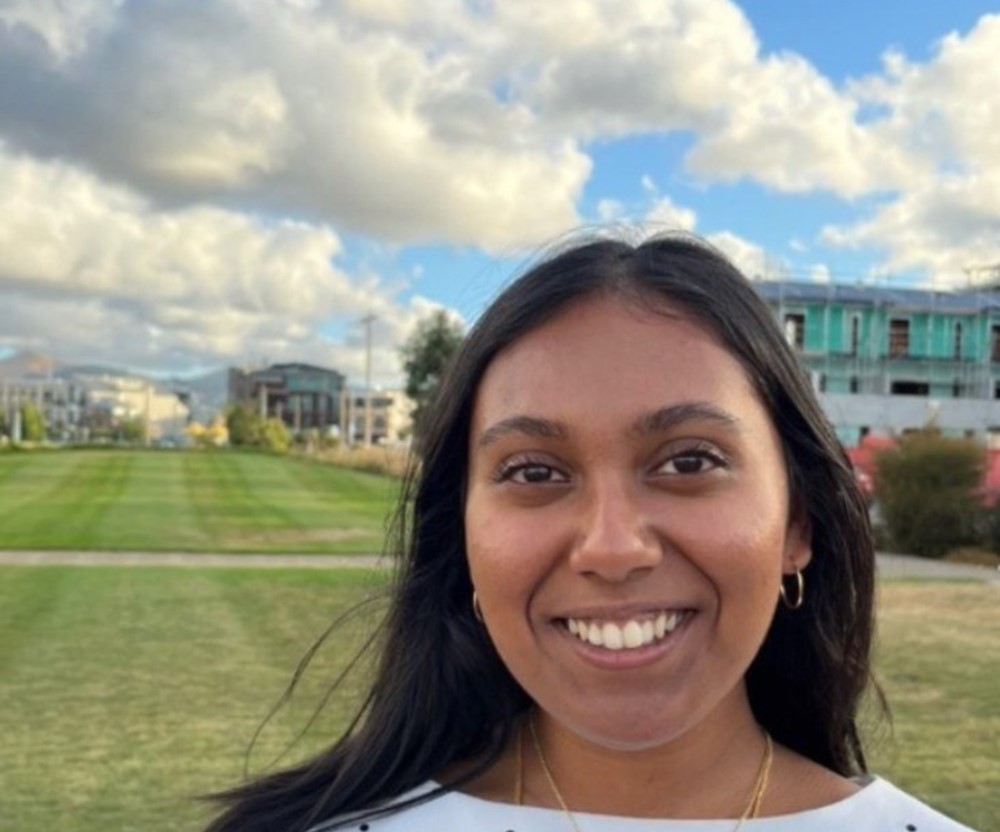
Life in Aotearoa NZ for disabled young women
Young Women and Disabilities
Categories
- Thought Leadership
1 in 4 women and girls in Aotearoa New Zealand live with a disability.
Disability can be anything from physical impairment to neuro-diversity to sensory conditions to learning difficulties to mental illness and more. And some people experience multiple disabilities. They are by no means a homogenous group.
The New Zealand Disability Strategy describes disability as “something that happens when people with impairments face barriers in society; it is society that disables us, not our impairments, this is the thing all disabled people have in common. It is something that happens when the world we live in has been designed by people who assume that everyone is the same.”
Young women with a disability often face a triple whammy of discrimination: as women, as persons with disabilities and as young people. Add in other intersectional factors such as ethnicity, sexual identity, or type of disability, and the barriers only increases.
At the heart of it is that disabled young women are too often denied agency by stigma and prejudice that assumes they are less capable than they are.
So what are the main issues facing our disabled young women?
Accessibility
This is not just obstacles when getting around, we’re talking inaccessible products and services, information and communication barriers, and a general lack of understanding of why access matters. For disabled young women, barriers to access have a massive impact on self-esteem at a time in life when, like all young women, their self-confidence is already taking a hit from negative body image, social media use, cultural expectations, peer pressure and, in some cases, emotional and physical abuse.
disabled young women crave independence and it is vitally important that they are able participate fully in all areas of life with dignity.
Wellbeing and Health (Sexual Health and Reproductive Health especially)
Young women are, for the most part, social creatures who love spending time with friends and exploring their increasing independence. But disabled young women are still seen as recipients of care, are undervalued and suffer from social exclusion. They are also the least likely to enjoy their sexual and reproductive health and rights and are more likely to be victims of violence than non-disabled people.
A lack of representation in all facets of leadership
Women with disabilities have almost no presence in politics, in high levels of business or government, or as members of boards or advisory groups.
Strong female role models are vital for disabled young women. Research conducted by the Auckland Uni for the Y in 2015 found that when young women get exposure to positive female role models - particularly those defying gender norms and societal norms - it expands what they see as possible for themselves, encourages their ambitions, and sets them on a course to becoming role models themselves.
Girls cannot be what they cannot see.
Employment
Women with disabilities are the most marginalised in New Zealand’s labour market. Young people with disabilities are four times more likely not to be in Employment, Education or Training than non-disabled young people and 48% of women with disabilities earn less than $30,000 per year, compared with 28% of male workers with disabilities.
Unlocking the employment potential of disabled young women is critical both for their independence and for self-worth.
Those of us non-disabled folks have to be active allies:
- Support disabled young women’s voices and be advocates alongside them
- Stop being afraid of disability
- Understand that a person's disability doesn't define her, but may be an important part of her identity.
- Never have low expectations for someone with disabilities.
Learn more about Young Women and Disabilities
You can download our insights report where we dive deeper into issues young women and girls with disabilities are facing in Aotearoa New Zealand.
Other posts you might like



